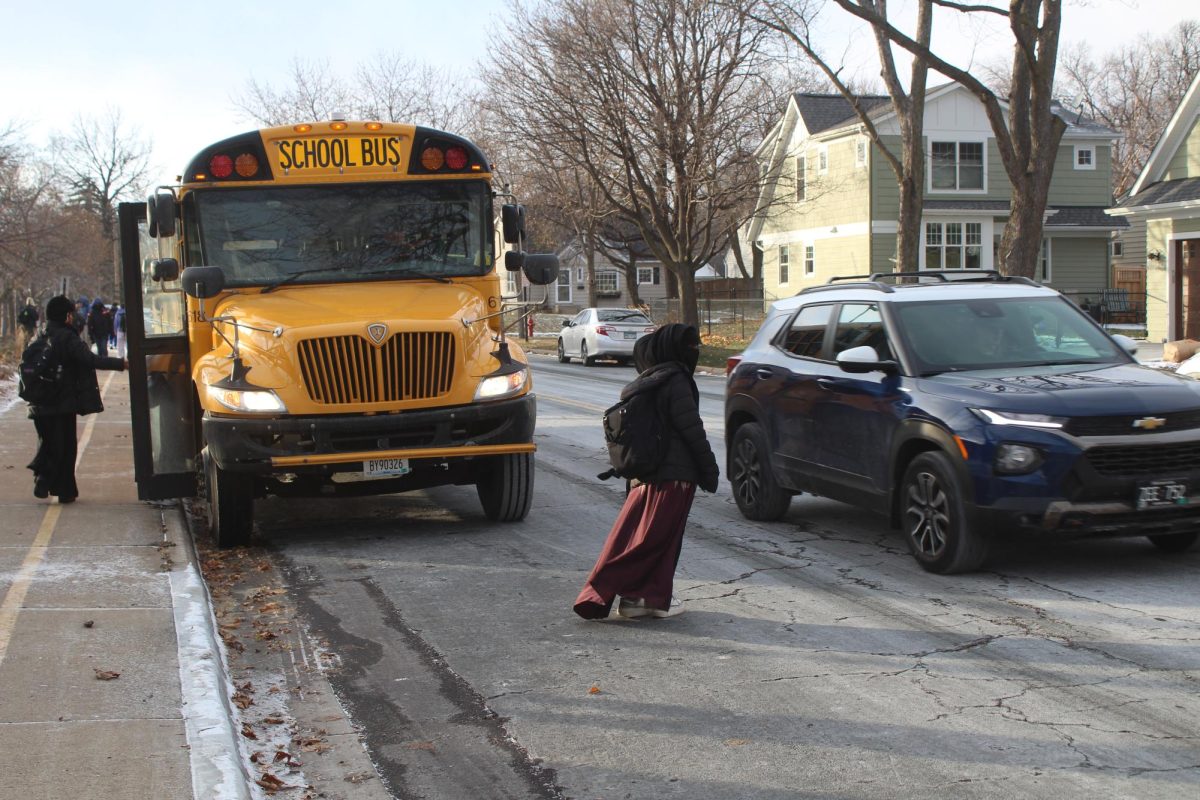In schools and libraries across the country, there are rules that prevent certain kinds of books from being on shelves — usually, these books are claimed to be sexually explicit or not appropriate for young readers. However, over the past few years, censorship regarding book bans has increased significantly. This year, attempts to censor books have increased 20 percent from 2022. So, the question is, what makes these books so dangerous, and why do people want them gone?
The fact is, most of the books targeted are written by or about people of color and members of the LGBTQ+ community. Books like “Beloved” by Toni Morrison and “Gender Queer” by Maia Kobabe are among some of the most commonly challenged books, and it’s no coincidence that both of these authors are a part of minorities. Those advocating for books like these to be banned are doing it for a reason. By claiming that they are too violent or erotic, they manage to get them taken out of libraries and schools, and therefore, out of young readers’ hands.
As someone who was raised reading famously opposed books like “To Kill a Mockingbird” and “Huckleberry Finn,” it’s clear that these works of literature — both classic and new — are not just important, but essential to understanding the world we live in. They’re a crucial part in learning about race, sexuality, gender, class and human nature on a deeper level than what is taught in school.
When people attempt to ban these books because the language makes them uncomfortable, or because it’s ‘not appropriate,’ that’s where the problem lies. They’re supposed to be uncomfortable to read. There are meant to be moments where you question yourself and the way the world works, because that’s normal. That’s how growth happens, and it’s obvious that any attempts to censor books are made because these people are afraid of challenging their own beliefs, and afraid that kids will do the same. Children and young adults are just as capable as adults, if not more, of understanding and learning from the important topics addressed in these books. That’s exactly why it’s important that they stay unbanned and uncensored — if these books are banned, people will have less of an opportunity to grow and learn from them.
Additionally, if these books are banned, what does that mean for freedom of speech and expression? Literature is an important form of expression, and has been for thousands of years. Book bans are in violation of the First Amendment — government censorship is literally against the law. If this is happening now, I don’t see a future where authors and artists will ever have freedom of expression again.
To ban and censor books is unconstitutional and stifles minorities’ voices. In the long run, banning books will not only suppress creativity, but can hinder literary growth and cut off important parts of history that have been shared this way for centuries.











Human • Nov 20, 2023 at 11:52 am
The book gender queer was banned because it was, in fact, sexually explicit. That being said, it likely should not be found in middle school libraries, but high schoolers should be mature enough to handle it. Hopefully.